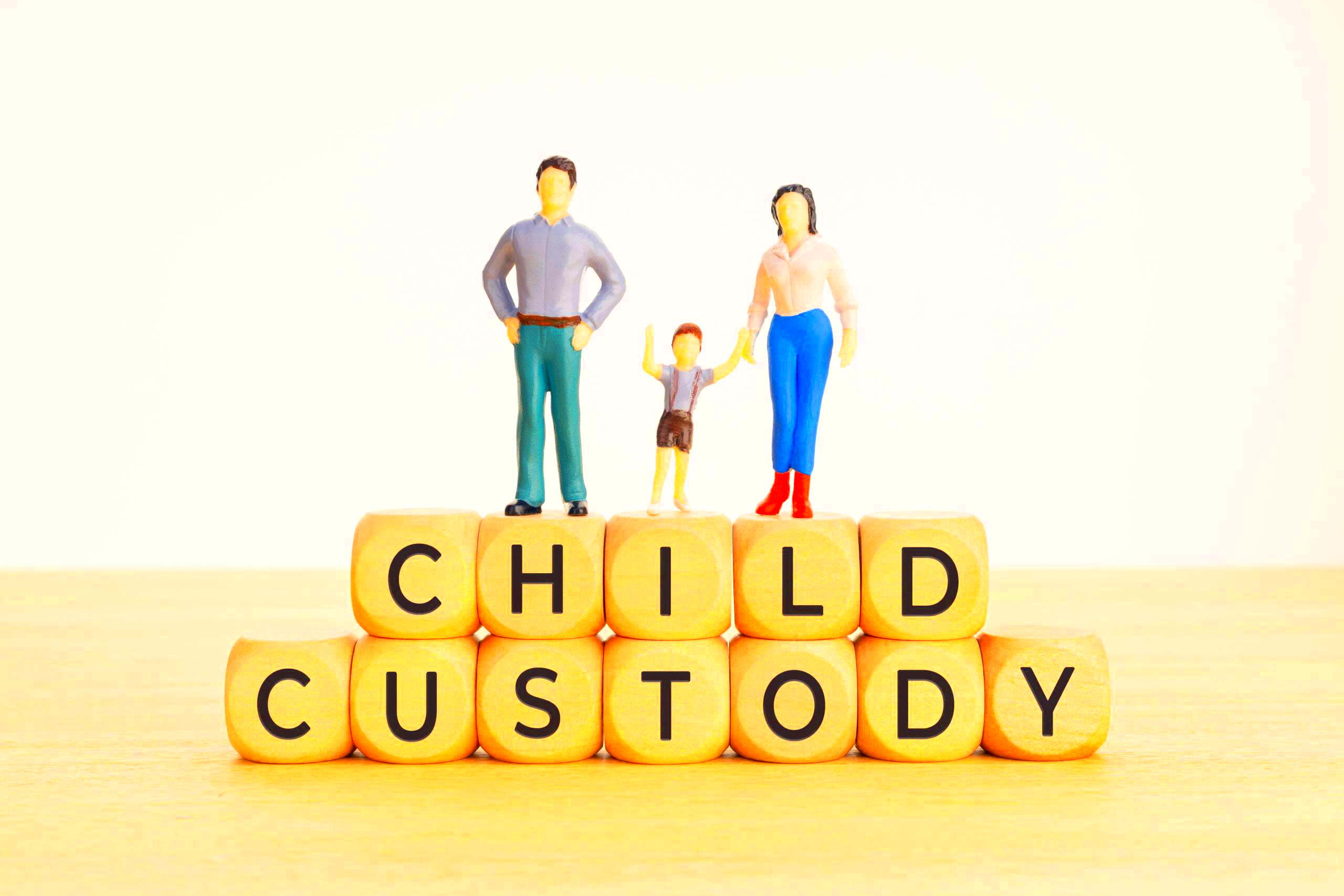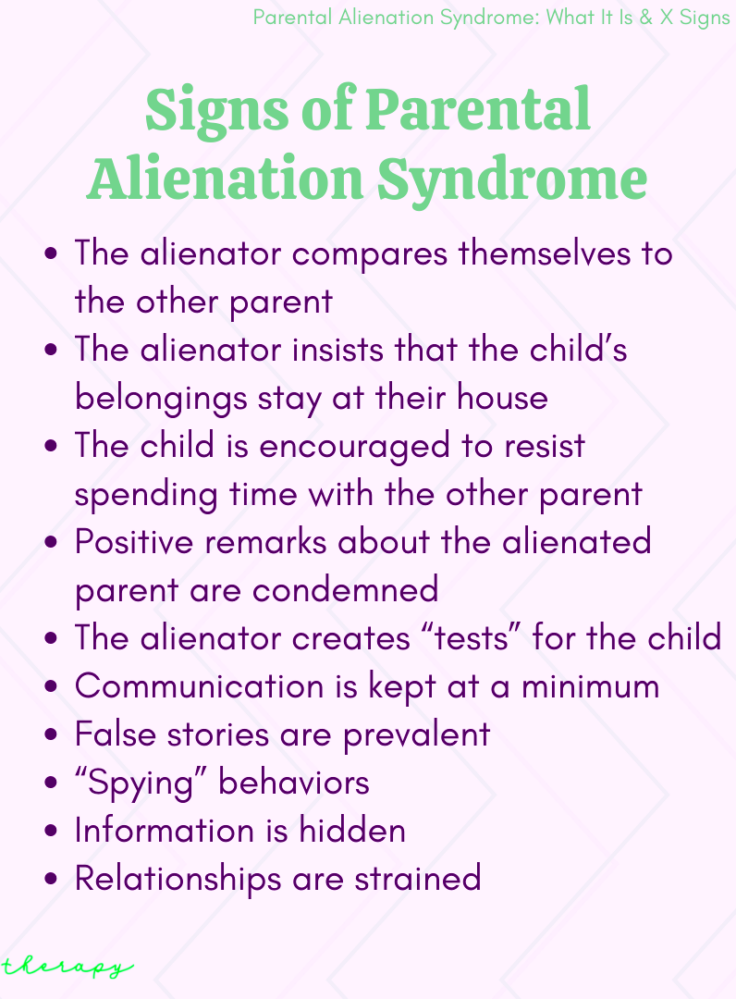Parental Alienation Laws in Florida: Key Points
Divorce or the end of relationships brings with it numerous challenges including parental alienation which is common among many families. In Florida, it refers to one parent’s attempt to get their children to disregard the other parent’s authority. Such actions can be detrimental to children’s emotions and create an imbalance in the family dynamics since they sever ties between parents. Parents must know what parental alienation is all about because it affects custody plans as well as children’s health.
Overview of Florida’s Parental Alienation Laws

Parental alienation has been acknowledged under Florida statute as a key issue that is taken into account by the court when deciding custody cases. In the interest of safeguarding children’s rights to enjoy relationships with both their parents, the State puts in place several different laws.
A few important things to note about the laws on parental alienation in Florida are:
- Legal Framework: Florida Statutes provide a basis for addressing parental alienation in family law cases.
- Custody Decisions: Courts may modify custody arrangements if alienation is proven to negatively impact the child.
- Therapeutic Interventions: Judges often recommend therapy for families affected by alienation to facilitate healing and communication.
It emphasizes on how essential these statutes are in one’s life concerning parents because if one parent purposely breaks that bond between them, then the courts may intervene to fix it.
Identifying Signs of Parental Alienation
It is crucial to spot the signals of parental alienation early enough in order to manage it effectively. Below are a few usual markings:
- Negative Statements: The child frequently makes derogatory comments about the alienated parent, often echoing the other parent’s sentiments.
- Unjustified Fear: The child shows unreasonable fear or reluctance to spend time with the targeted parent.
- Withdrawal: The child becomes emotionally distant from the alienated parent, showing little interest in their life.
- Forced Loyalty: The child feels pressured to choose sides, often siding with the alienating parent.
So, parents bearing in mind these signs can react properly to safeguard their ties with children. Early engagement can diminish or alleviate the detrimental impacts of parents’ alienation.
Legal Consequences for Parental Alienation
This is not just a matter of feelings, for parental alienation has legal ramifications that may greatly impact2897244 on custody and the rights of parents within the state of Florida. Whenever one parent intentionally turns the child away from the other, it becomes an issue for the courts.
Here are certain ramifications of legalism that may result from parental estrangement:
- Modification of Custody Orders: If a court finds evidence of parental alienation, it can modify existing custody arrangements to ensure the child’s best interests are met.
- Visitation Restrictions: The alienating parent may face restrictions on visitation rights if their behavior is deemed harmful to the child’s emotional well-being.
- Mandatory Counseling: Courts often require families to undergo counseling or therapy to address the issues related to alienation, aiming to rebuild healthy relationships.
- Contempt of Court: If a parent refuses to comply with custody orders due to alienation, they could be held in contempt of court, leading to fines or other penalties.
The long and short of it is that if there is one thing this phenomenon can lead to it is severe legal consequences. How do we deal with parents who will not accept their role in these cases? What do we tell them about the importance of being responsible? Therefore, they must understand how serious the problem is and take appropriate steps to ensure that both their interests and those of their offspring are safeguarded.
Impact on Child Custody Arrangements
The consequences that parental alienation could have on child custody arrangements can be severe. The best interest of a child is what almost all courts tend to focus on even though alienation might also act against this.
Some of the following ways can affect the decisions of custody with regard to parental alienation.
- Joint Custody Considerations: Courts may reconsider joint custody arrangements if one parent is found to be alienating the child from the other parent.
- Parenting Plans: Courts may impose stricter parenting plans to protect the child’s relationship with both parents, possibly requiring supervised visits.
- Long-term Effects: The psychological effects of alienation can influence a child’s development and emotional health, leading courts to favor the less alienating parent.
In the long run, parental alienation may cause considerable alterations in custody settlements. It is essential for parents maneuvering through this intricate milieu to appreciate the consequences of such actions.
Steps to Take if You Suspect Parental Alienation
In case you have a feeling that your kid may be turning against you because of their parents, it is significant to do something about it to keep the bond alive. Below are some ideas for various things that you might do:
- Document Everything: Keep a record of incidents, conversations, and behaviors that suggest alienation. This documentation can be invaluable in legal proceedings.
- Communicate Openly: Try to talk to your child about their feelings and experiences. Ensure they know they can share their thoughts without fear of judgment.
- Seek Professional Help: Consider involving a therapist or counselor experienced in parental alienation cases. They can provide strategies and support for both you and your child.
- Consult an Attorney: If the situation escalates, consult with a family law attorney familiar with parental alienation laws in Florida to discuss your options.
Taking these actions, in mind legholes answer the situation at hand early enough and safeguards your infants’ mental health. It is important to note that timeliness and circumspection are major determinants of how well your family will fare in its problems.
Resources for Parents Affected by Alienation
When it happens, parents will often find themselves feeling alone and out of control. Fortunately, there are a variety of opportunities that may assist in dealing with such cases. Having connections with support networks can be very helpful.
Parents who have been through such a thing can look at some useful materials:
- Support Groups: Local and online support groups provide a space for parents to share their experiences and receive emotional support from those in similar situations.
- Therapists and Counselors: Professionals specializing in family dynamics can help parents and children cope with the emotional effects of alienation.
- Books and Articles: Numerous books and articles focus on parental alienation, offering insights and strategies for dealing with this issue. Some popular titles include:
- “Divorce Poison” by Richard Warshak
- “The Parental Alienation Workbook for Child Custody and Divorce” by Amy J.L. Baker
- Legal Aid Organizations: Nonprofits often provide legal resources or referrals for parents who may not be able to afford private counsel.
This information can give parents the necessary confidence to act and ask for assistance. It is important to note that you do not have to go through tough times alone because there is help around here.
Seeking Legal Help for Parental Alienation Cases
The difficult experience of understanding the rights of parents who are alienated can be compared with climbing Mt. Everest without portable oxygen. Hence, once it is realized that one has experienced parental alienation, it is important to seek out legal support for the sake of personal rights as well as the well-being of Child. In order to avoid losing Child and oneself through this painful ordeal, it is only through knowing one’s options that one can have a tremendous impact here on.
When looking for legal help, there are steps you should follow:
- Research Family Law Attorneys: Look for attorneys who specialize in family law and have experience with parental alienation cases. Recommendations from trusted friends or family can be helpful.
- Prepare for Your Consultation: Gather all relevant documents, such as custody agreements, correspondence, and evidence of alienation. This preparation will help your attorney understand your case better.
- Discuss Your Goals: Clearly communicate your objectives during the consultation. Whether you seek to modify custody arrangements or enforce visitation rights, your attorney can provide tailored advice.
- Explore Mediation: In some cases, mediation may be a viable option. A neutral mediator can help facilitate communication and resolution between parents, often leading to less adversarial outcomes.
With the backing of proficient legal experts, language barriers will not be a hindrance as you walk the road of parental alienation case laws.
FAQs About Parental Alienation Laws in Florida
As the rules on parent estrangement can get muddled, especially when it comes to emotionally intense contexts, we decided to compile this guide which responds to some frequent inquiries:
- What is parental alienation? Parental alienation occurs when one parent manipulates a child to reject the other parent, often through negative comments or emotional pressure.
- How does Florida law address parental alienation? Florida courts consider parental alienation seriously and may modify custody arrangements if it affects the child’s emotional well-being.
- Can I take legal action against the alienating parent? Yes, if you can demonstrate that alienation is occurring, you may be able to pursue legal remedies such as modification of custody or visitation rights.
- What should I do if I suspect my child is being alienated? Document any incidents, communicate openly with your child, seek professional help, and consult a family law attorney for guidance.
- Are there support groups for parents dealing with alienation? Yes, there are many local and online support groups where parents can share experiences and find emotional support.
These frequently asked questions are intended to clarify the legal provisions regarding parental alienation, specifically in Florida. More information should be obtained by seeking legal advice from an attorney if you have any other inquiries.
Conclusion on Parental Alienation and Legal Rights
Parental alienation is an intricate problem which has a profound impact on families thereby causing emotional suffering for both parents as well as their children. Florida’s legal system realizes the importance of parents and children having a healthy relational life together. It’s imperative to know your rights under law regarding parental alienation since this will assist you in managing difficult situations really well.
Taking action is paramount if you think situations of alienation are happening. The sooner you deal with it, the better are your chances for preserving your child’s emotional state and relationship with him/her. Always keep in mind that courts give priority to what is best for children and showing commitment towards having a cordial rapport with your kid can sway the judicial outcome significantly.
A straightforward plan of action consists of keeping a watchful eye on parental alienation laws, getting expert assistance and recording events. Even though these options help make the road less lonely and easier to navigate through, in the end they are not enough. Instead, one should promote his or her own interest as well as that of a child’s emotional well-being in order to understand how to deal with parental alienation complexities and foster an improved family atmosphere.


